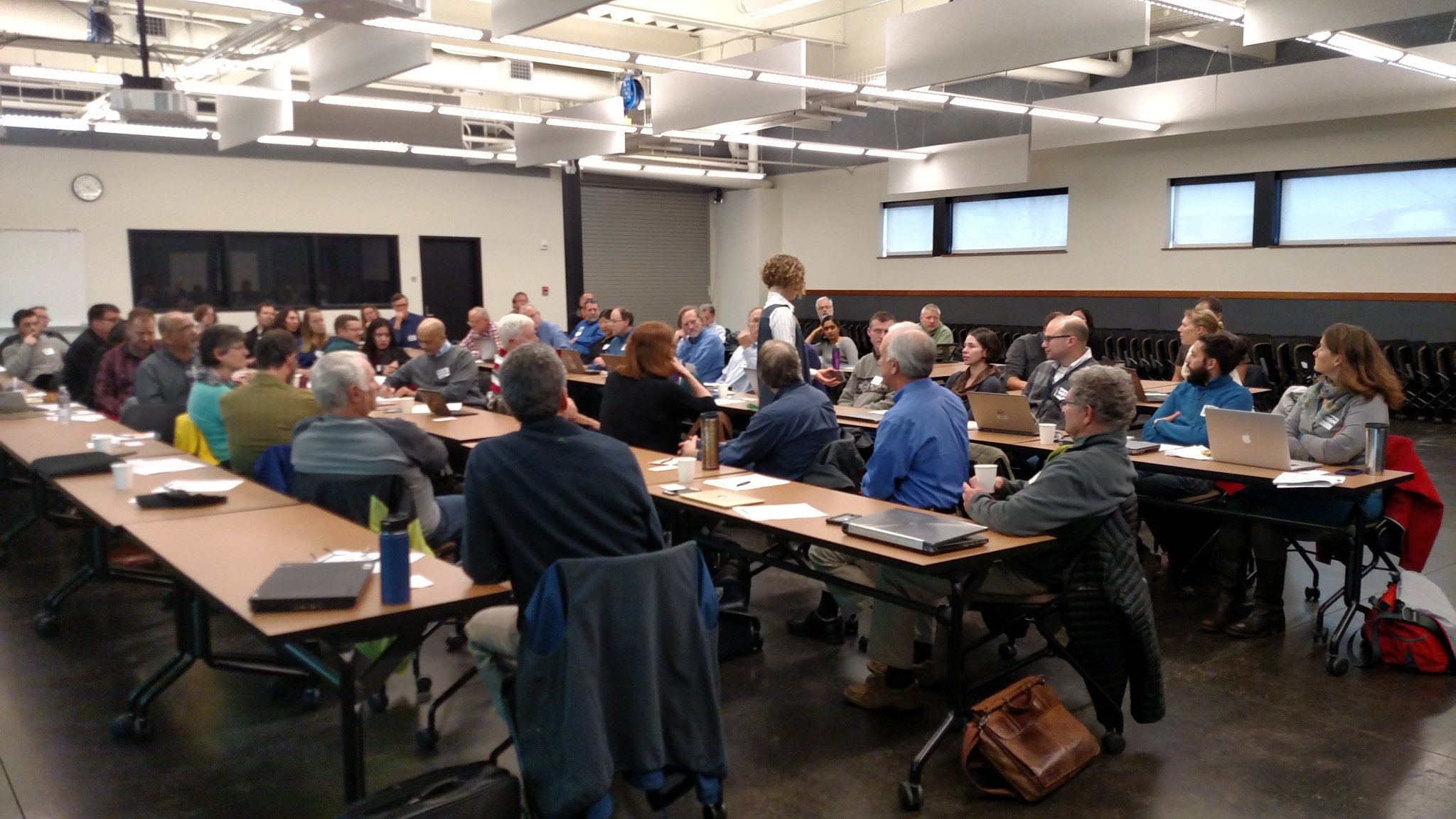
The court informed the legislative and executive branches that a newly enacted statute requiring that the courts promulgate rules allowing cameras into the courtroom would be an unconstitutional violation of the separation of powers clause of the Maine constitution. The court made these pronouncements in a letter issued in 1986 by the Justices of the Supreme Judicial Court to the Governor, the President of the Senate, and the Speaker of the House. “Thus within its power, the judiciary acts with exclusive authority, and any attempt by the Legislature to exercise judicial power constitutes an invasion of the province of the judiciary in violation of article III of the constitution.” Id. “he people of Maine conferred all of the judicial power upon the judicial department and left none to be exercised by the Legislature, except in cases of impeachment.” Id. “edia access to courtrooms is within the judicial power committed to this Court by the Maine Constitution.” Supreme Judicial Court Direct Letter of Address, Me.

The Maine Supreme Judicial Court made clear that news media access to courtrooms-and by extension court records-is the prerogative of the courts. Mail, summer law clerk, University of Michigan Law School, class of 2021 Tips for covering courts in the jurisdiction Cameras and other technology in the courtroomĬ. Interests often cited in opposing a presumption of accessī. Media standing to challenge third-party gag ordersĪ. Restrictions on participants in litigationĪ. Prohibitions on photographing or identifying juvenilesĮ. Juror identities, questionnaires and other recordsĭ. Warrants, wiretaps and related materialsī. Obtaining review of initial court decisionsĭ. Procedure for requesting access in civil mattersĭ.


Procedure for requesting access in criminal casesĬ. Procedure for asserting right of access to proceedings and recordsī. Introduction: Access rights in the jurisdiction Skip over table of contents to continue reading article Table of contents for Maine


 0 kommentar(er)
0 kommentar(er)
